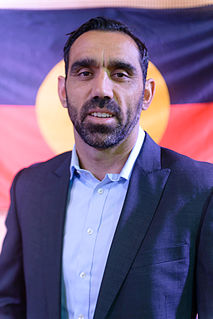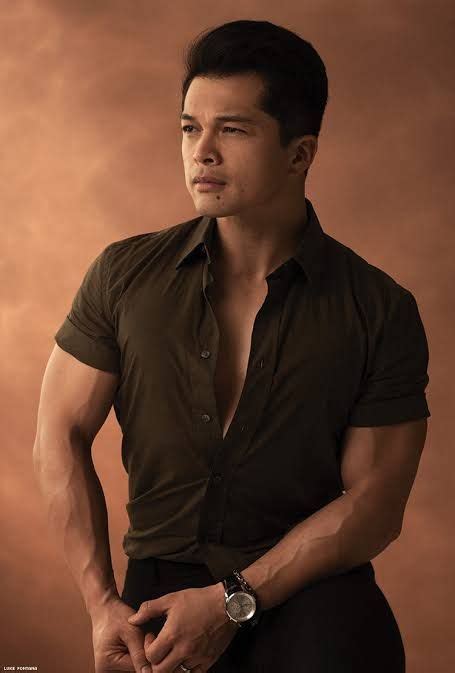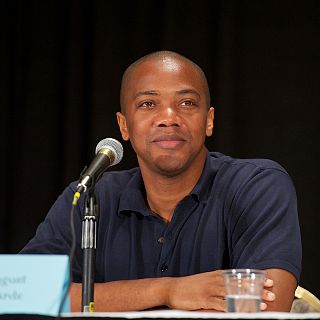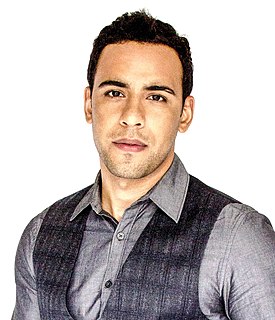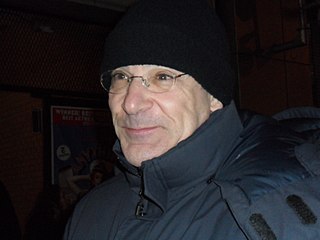A Quote by Jose Antonio Vargas
The film 'Documented,' a project of the nonprofit and nonpartisan Define American campaign, is about my families: the family I was blessed to be born into, and the family of friends, mentors and allies that I found when I moved to the United States at 12, a Filipino kid trying to make sense of my new home in America.
Related Quotes
In the United States, the average is two children per family, while in Africa it is five children per family. On the surface, the statistic seems to indicate that Africans are having way too many kids and are taxing the Earth's resources, while American kids are born into families who are able to take care of them. However, the average American child consumes roughly the same resources as fifteen African children. So when an American family says they only have two children, they are actually consuming the resources of an African family of thirty children!
Unemployment is higher in Europe than in the United States and primarily concentrated in immigrant minority populations, so people are worried about what's going to happen and if American-style ghettos are emerging in Europe. There are some of the problems there that America sees associated with the lack of economic inclusion - family breakdown, gang behavior, and racial tensions. I get the sense that in Europe they are much more concerned about these issues than in the United States.
I was raised in a dominantly Filipino family. I didn't know I was 'mixed' until I got older and started asking questions about my grandparents, the origins of our middle and last names. We were kind of textbook Pinoys. A lot of the Filipino stereotypes that were joked about by me and my friends rang very true with my family.
There's a great op-ed piece by Kurt Johnson, who runs The List Project, that I recommend everyone read. He was talking about how he's been trying to get out of Iraq who were our allies, who are now subject to torture, and their families are being killed because of their alliance to the United States.
One thing I had on my side when it came to How to Make It in America is that I'm a born-and-raised New Yorker. Filming in New York... I'm so thankful and humbled by the whole experience. A lot of it takes place in old neighborhood; I'm an East Village kid, so I get to see my old friends from the neighborhood, my family still lives there.
Donald Trump always puts himself first. He built a business career, in the words of one of his own campaign staffers, "off the backs of the little guy." And as a candidate, he started his campaign with a speech where he called Mexicans rapists and criminals, and he has pursued the discredited and really outrageous lie that President Obama wasn't born in the United States. It is so painful to suggest that we go back to think about these days where an African-American could not be a citizen of the United States.
I think that [Donald] Trump is brilliant to raise this issue. When my son, Gabriel, and his wife, Deb, was pregnant, I said, You got to come home. I want my grandson to be president of the United States. He has to be born in the United States.Now, a child of a citizen of the United States born abroad or born wheresoever is a citizen if that's - he or she so chooses. So there's no doubt but that Ted Cruz is a citizen of the United States.
Kids who are middle class, socioeconomically, are surrounded by mentors. They have coaches, teachers, they have family friends, their parents have friends. They might have opportunities, they might have jobs that allow them to experience things that kids in poverty often don't have. Sometimes they come from dysfunctional families. And when you come from a family where money's a real challenge, then it might not be a priority to get you into a summer internship.





